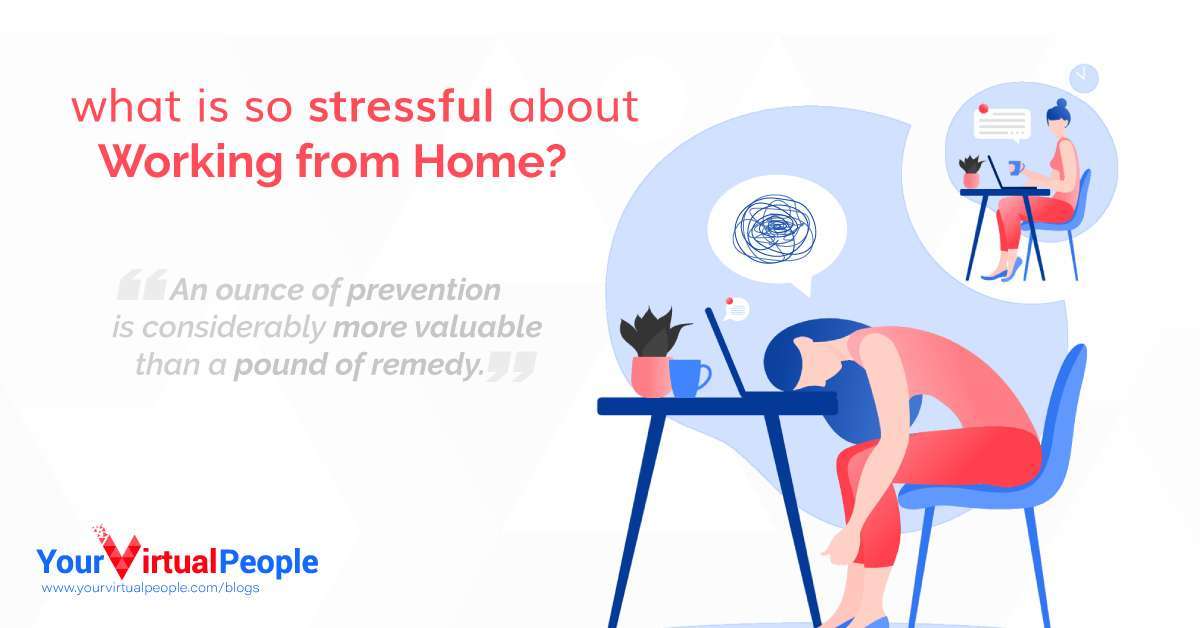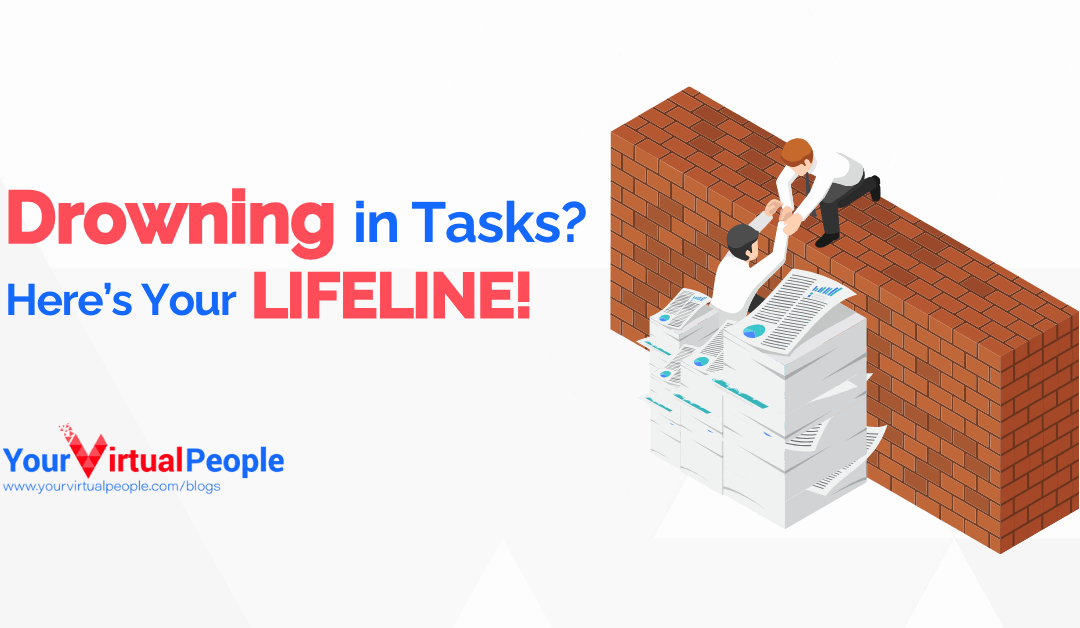Global firms’ conceptions of the workplace have shifted as a result of employees necessity to work from home. Working from home has altered the way global firms view their workplaces. It can be beneficial to many individuals, but it comes with a number of drawbacks that may outweigh the advantages of having life flexibility, a workplace customised to your taste, more hours in your day from not having to commute for extended periods of time, the time to prepare fancy meals for yourself and most especially working in your pajamas, because who doesn’t love that? Your work-from-home life will benefit if you create clear boundaries.
Being able to do your job from your place of comfort may appear to be a fantastic solution for job safety during a pandemic (and heaven for severe introverts regardless of a pandemic), but it’s not all roses. Working from home without clear work-life boundaries allows work to easily linger into other aspects of your life, resulting in burnout and a negative impact on your mental health. What is stressful about Working from Home? Here are some of the common sources of stress that many work-at-homers face. Some people are surprised by the stress they feel once the novelty of working from home wears off and challenges become more apparent.
Burnout
Have you felt so frustrated? or do you feel that you don’t know what to do, have you been drained and feel so unmotivated to go to work? Maybe you are Constantly Working / Overworking which causes Burnout. What causes your burnout? Is it the house chores that are filled up or is it the repetitive process of working that becomes monotonous?
There are factors that we can do to prevent being burnt out.
- Making a journal or to-do list will help you to track down your tasks especially if the tasks are urgent. It will help you to be on track and your mind will not be cluttered with what to do first.
- Managing how to set boundaries, knowing how to stop, and knowing where to continue setting boundaries can help reduce the chances of burnout.
Always overthinking
What if’s, doubts, anxiety, dwelling on your past experiences and unreasonable fears. These are just examples of the things most people and I for one experienced. It is truly a different world after college we often see it as beautiful as it is, but it’s not, adulting is REAL and it’s not a joke, won’t you agree? The responsibility you must put into most, especially your efforts and hardships. You exert so much effort physically, emotionally, and mentally by second-guessing your work.
What are the ways to stop overthinking?
- Embrace your fears, There will always be things over which we have no control. Accepting this can go a long way toward reducing overthinking. Every event occurs for a purpose. Of course, this is easier said than done, and it will take time. Look for tiny opportunities to tackle the problems that you are constantly concerned about.
- Trust your instincts. You may have muffled out your own inner voice over the years of second-guessing others and analysing re-thinking, and over-thinking. You might not even recognise the sound. While trusting your intuition takes time and patience, leaning into your intuitive impulses can be a first step toward acting on your own terms rather than being locked in a cycle of overthinking.
Lack of Motivation
Who motivates you? Is it your family, friends, loved ones, or just yourself? People have different kinds of motivation but for some, it suddenly fades away.
“Did I do it right?”, “What if I am not good enough”, “I’m exhausted and not sure I’ve got it anymore!” “Is this the right path for me?” “Isn’t it dramatic?
But have you asked yourselves these questions? Well, you’ve been struggling with Imposter Syndrome. Imposter Syndrome is loosely defined as doubting your abilities and feeling like a fraud which has led to poor self-esteem, depleting, and questioning your self-worth. Imposter syndrome is a sneaky beast. What can we do to bring your motivation back? An ounce of prevention is considerably more valuable than a pound of remedy. Instead of arguing at your desk when you’re feeling “less than,” go for a walk and change your perspective. Be more positive and not overthink the things that might lead to doubting yourself again.
Always find a method to reignite that heat and desire for what you love. Never let your fire go out, just don’t let your passion disappear completely. The most decisive element is that. These are only a few of the major factors that contribute to stress among people who work from home; there are many more, but these are the most researched and discussed. Some people claim that stress “will make or break you.” It’s your option whether to take the battle and make the most of it as motivation, or to let it linger in your system and accept that it will give you a lot of anguish mentally, physically, and emotionally. Stress and adversity exist to teach us something, to grow, mould and shape us into better, better people.
Every day, we get to learn new things that can help us navigate these stressful times.
So with that, I bid you farewell on your journey back home.
Help is here if you need it, we’ve got your back!
To learn more about our marketing services, visit yourvirtualpeople.com/services/marketing-assistance/ or book a meeting.



